African women show why they are powerful celebrities, playing a crucial role in performance arts
From Angélique Kidjo, Sona Jobarteh and Germaine Acogny to Donna Ogunnaike and Thembi Mtshali-Jones: women are playing a fundamental role in driving Africa’s performing arts scene
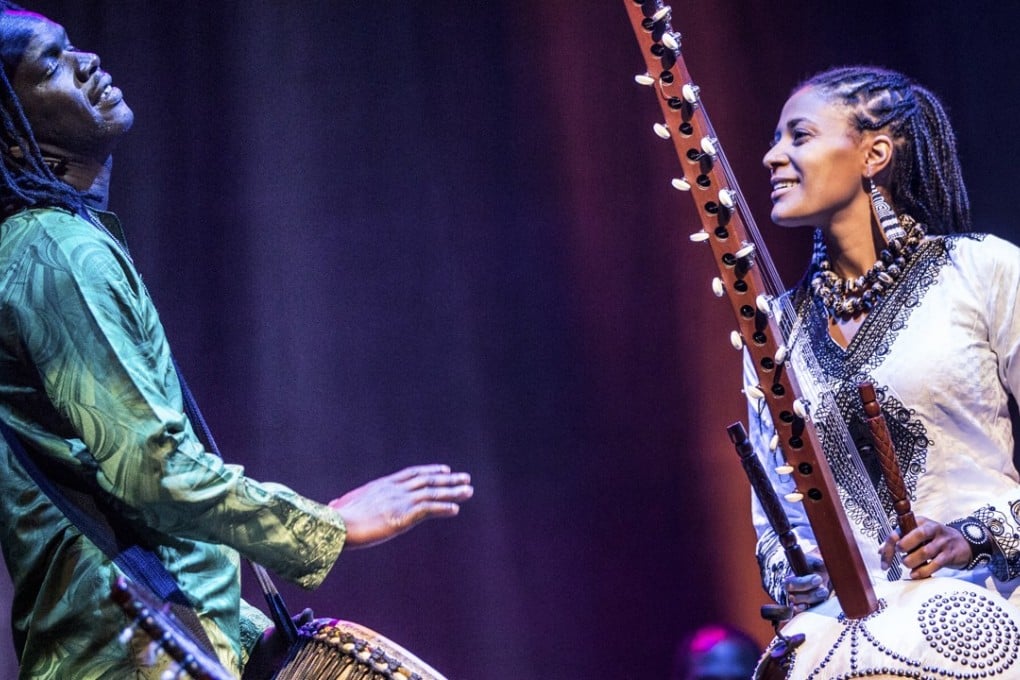
Where a woman rules, streams run uphill, says an ancient Ethiopian proverb, meaning that women are among Africa’s key game-changers.
In terms of the continent’s performing arts scene, this couldn’t be truer. Take Angélique Kidjo. Born in Cotonou, Benin, the songstress was the first woman listed as one of “the 40 Most Powerful Celebrities In Africa” by Forbes Magazine. Kidjo – who will perform at the World Cultures Festival on November 3 – has won three Emmys and dozens of regional and global awards.
Besides her never-ending, award-winning musical repertoire, Kidjo – with her Batonga Foundation – is doing her bit to empower African women and girls, ensuring they can reach their full potential. Education is her main weapon.

Kidjo has inspired millions of African women, and an equally large number of men, too. “She is absolutely amazing. What a powerful woman, in so many ways,” says Muna Lakhani from South Africa, noting that he has been listening to Kidjo’s music for as long as he can remember. “Just her presence, walking onto a stage mid-afternoon at an outdoor noisy venue, made people stop, turn and look. I love that she makes no apology for who or what she is. She can get me sighing, dancing, celebrating and crying, all at the same time.”
Across the continent, countless female performing artists are making a name for themselves, regionally and internationally.
“Africa is a powerhouse of women who are making waves here and beyond,” says Yvette Hardie, president of the International Association of Theatre for Children and Young People. “We work in hundred countries in Africa and beyond. Women are a growing force.”
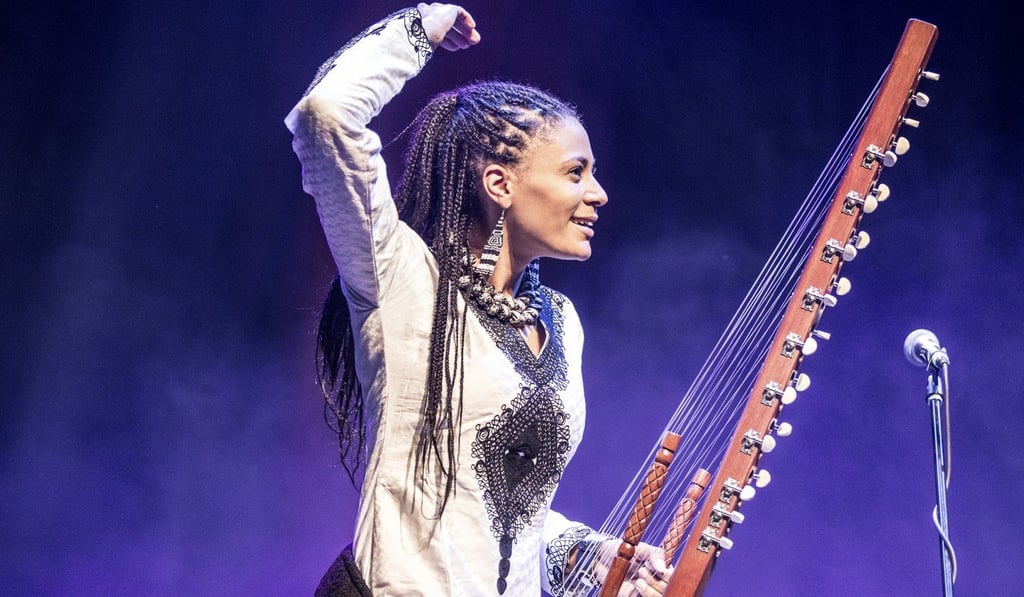
Sona Jobarteh is among them. The multidisciplined Gambian vocalist, musician and composer ventured into the ancient, male-dominated hereditary Kora (a West African 21-string harp) tradition, which had been exclusively handed down from father to son for seven centuries. With her Kora, Jobarteh, who will be performing at the World Culture Festival on October 9, is changing how people perceive her home country and the role of women.
Senegalese dancer and choreographer Germaine Acogny is another female powerhouse of note, someone who has spent much of her career moving streams upstream.
Known as the “’Mother of modern African dance’”, Acogny blends western classical techniques and modern dance with traditional African rhythms and styles.
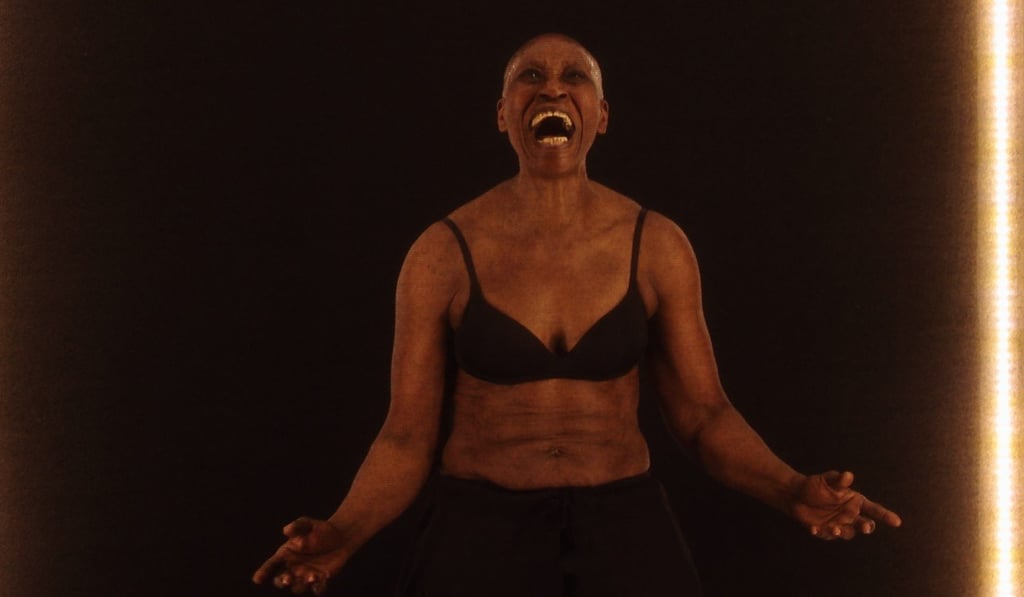
She is also a mother figure to many African youths. She has set up dance schools in France and Senegal, seeking to empower youngsters through art.
She founded L’Ecole des Sables which, since 1998, has organised regular dance workshops for dancers from Africa and beyond. Other than being dedicated to offering professional training for dancers in traditional and contemporary African dance, it takes in students from underprivileged communities to give them a better future. “I want them to have an education in dance,” she says.
“When you can dance, you can go anywhere. You may be in a place where you don’t speak the language, but when they can see the way you move, they know you are real.
“When you are educated, you have the power to say ‘no’ when politicians are making decisions you do not want.”
She was decorated as an Officer of the Ordre des Arts et des Lettres in France and as a Knight of the national Order of the Lion in Senegal.
Two of her top performances – Somewhere at the Beginning and Mon Elue Noire (My Black Chosen One) Sacre – will be on show during the World Cultures Festival, on November 17 and 19 respectively.
Then there is Donna Ogunnaike. Born and bred in Nigeria, the poet, writer, and theatre-maker is one of her home country’s most compelling performing arts voices. One of her best-known productions is Strelitzia, which is on the agenda of the World Cultures Festival on November 4.
Combining drama, poetry, music, song, and dance, the multidimensional piece takes its audience on a fascinating journey through the life, love, trials and tribulations of an ordinary Nigerian woman. The performance features four sequences – each representing a different human memory and experience.
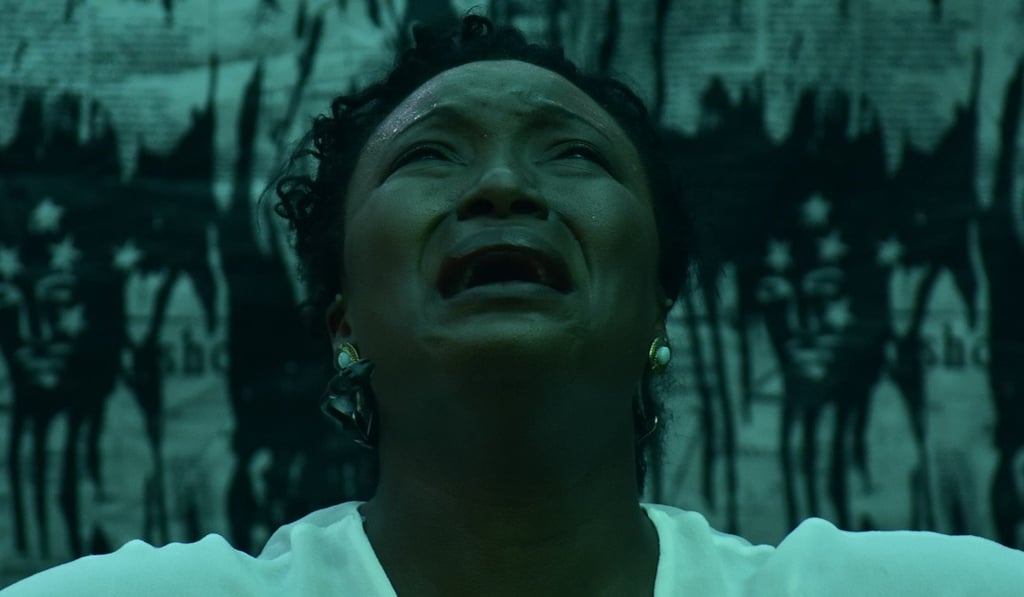
Strelitzia is infused with gender-based activism, with a focus on the need to redefine femininity, and so is Ogunnaike’s other work. She calls herself a humanivist, a champion of human rights “who dances to the beat of her own drum without conforming and compromising.”
In the meantime, South African singer, actress, and playwright Thembi Mtshali-Jones (68) has inspired millions of people at home and beyond with her one-woman show A Woman in Waiting.
The performance is a theatrical translation of her own personal story, which is a story most women of colour in apartheid-era South Africa had to endure. It is a tale of fear, trauma, humiliation and sadness, but also resilience, inner power, determination and compassion.
Since it opened at South Africa’s National Arts Festival in 1999, A Woman in Waiting – which is part of the World Cultures Festival line-up – has captured the hearts and minds of theatre lovers and critics around the globe.
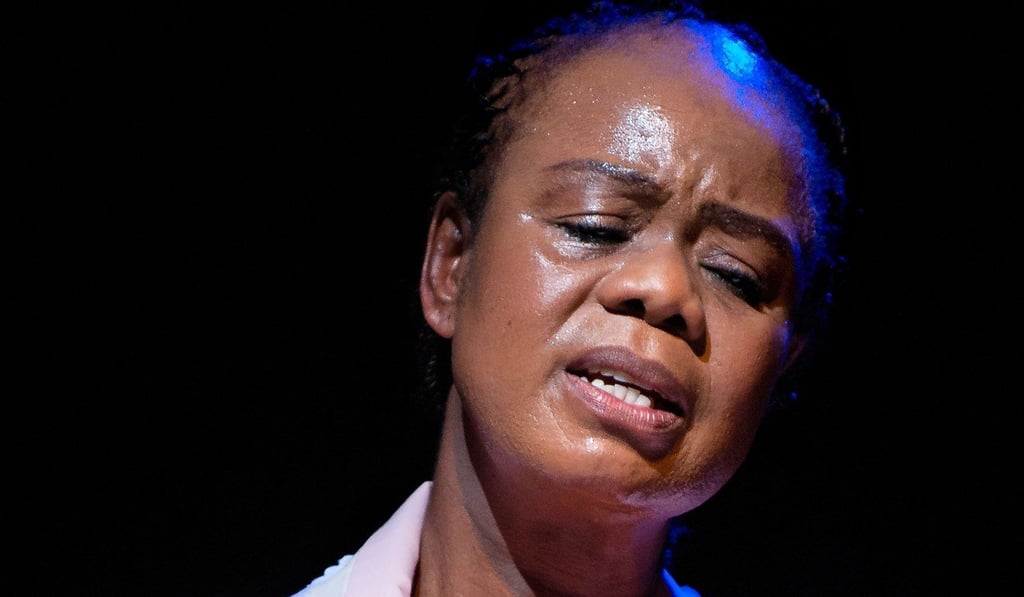
“In theatre, the highest ambition of the art is to share one’s most profound authenticity. Rarely has it been achieved so powerfully and eloquently. Do not miss this,” the Toronto World Stage Festival hailed the performance in 2000.
“While being the story of one South African, it is also a story about South Africa. A Woman in Waiting is a glimpse into a much-neglected aspect of our collective history; the ripple effects of apartheid and how it affected [and still affects[ the lives of black women in particular,” South African theatre critic Marilu Snyderswrote seven years later.
Hardie says there is no doubt that A Woman in Waiting deserves all the praise it has received. “Someone like Thembi is a natural treasure in many ways. She has really investigated her own life and personal story and managed to reflect that on stage,” she says, adding that playwright and director Yaël Farber is an equally strong woman. “She is a fantastic director, one of the predominant ones in South Africa. She has managed to turn a personal story into a powerful theatrical production. Thembi’s experiences are after all real experiences.”
With additional reporting from Reggie Ho